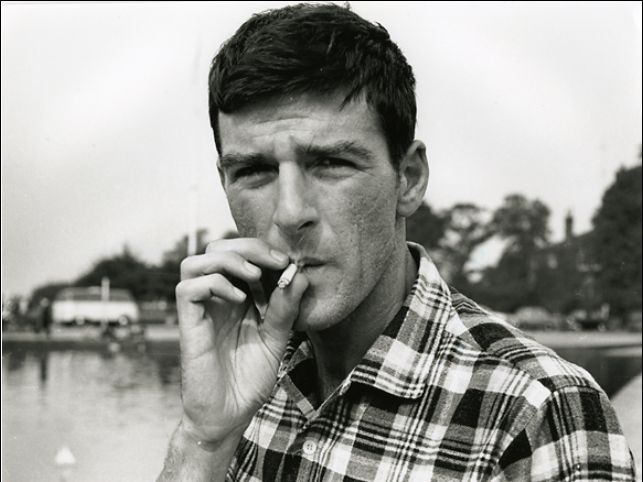This semester went by so fast and I had no idea what to expect when first deciding to take this course. I am an Accounting and Business Major and have always struggled with reading and writing. I remember back to the first day of class when we were asked if there are any concerns or anything we would like to tell her. I was off to a great start but I had concerns about my reading and writing level. Professer replied and said, "Off to a good start in the class! In response to your comment about your struggles with reading and writing: I am happy to offer help outside of class and to read drafts if you can get them to me early enough. If my office hours conflict with your schedule, we can find alternate times. And, of course, the Writing Lab is a great resource." From this point forward, there was positive energy I could feed off of. This engaged me in the class early on and because of this I always had an open mind when walking into class.
The works we read by David Small and Rafael Campo were truly inspiring. Stitches was an easy read and this allowed me to reflect on it more easily and in more depth. I realized that this book would directly reflect the course as a whole. David Small's work captured me, but Rafael Campo's work won me over as well. For example, in the poem Her Final Show, line 1 stated, "She said it was a better way to die". This line proves that she was accepting of her death. Death causes pain and she overcame the pain because of hope. Rather than being ashamed of her illness, she died with dignity and pride, a large theme of our course. Rafael Campo never states the victim’s name because he is doing it out of trust he pursues truth through compassion to his friends illness. Rafael Campo’s works directly relate to Dominican University and its mission statement: As a Sinsinawa Dominican-sponsored institution, Dominican University prepares student to pursue truth, to give compassionate service and to participate in the creation of a more just and humane world. Campo can be identified as a compassionate and respectful friend. Truth and compassion are two important values for me personally.
I found myself applying this course to my everyday life. Regarding illness and death I was able to give compassion and feel empathy towards those who are sick, whether seriously ill or a minor pain. Literature is a great way to express the feelings of the humane society and the pain suffering among them. Everyone deals with pain. An individual must keep an open mind. When watching the news and seeing people suffering from illness, or looking back at my family's background I found myself applying the things I learned in class to each situation, reminding myself to keep an open mind when trying to understand the pain and suffering of others.
I am grateful for taking this course. This course has taught me to be mindful of others and essentially how everything we do affects others. I have learned that it is impossible to know the amount of pain an individual is suffering. This course has created a greater understanding for psychological pain that an individual may endure from both psychological and physical illness. Prior to this course I had no intention to learning about how literature and medicine play a role in our lives. Because I have taken this course, I am open-minded on both the physical and psychological pain that individuals may suffer. I have come a long way from being the position I was at in the beginning of the semester and I do not regret taking this course for a second. Everything I have learned was essential and I will carry it with me for the rest of my life. Thank you for creating a great learning environment from day 1. This course has taught me much larger lessons in life. Thank you again.








